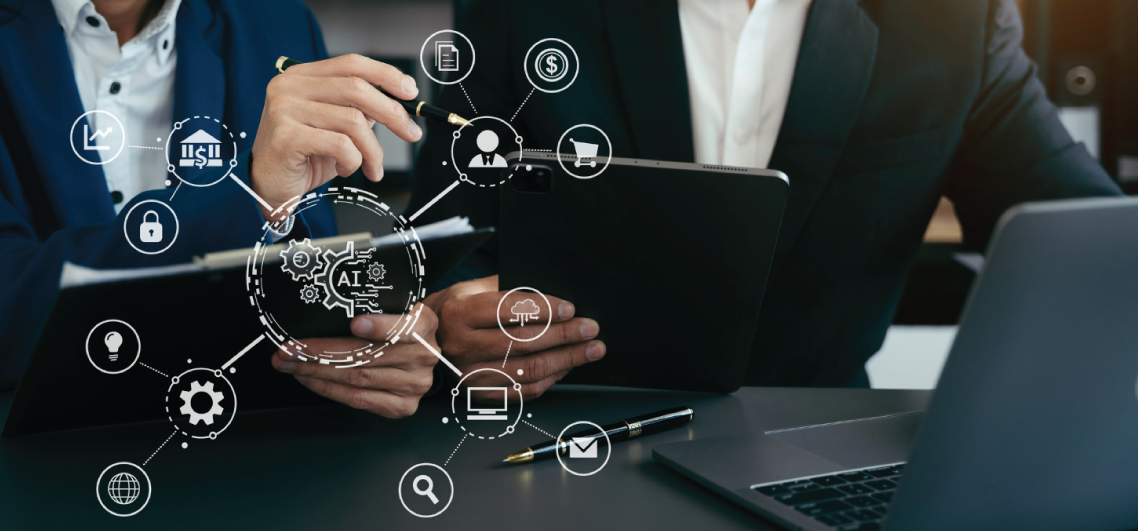

The way we think about procurement is changing. A new wave of technologies and shifting business priorities are redefining traditional procurement roles and processes.
Forward-thinking organizations already understand this shift. 46% now require their suppliers to meet specific sustainability criteria.
What’s driving these changes? What will procurement look like in 2025?
These questions matter because your approach to procurement software today will determine your competitive position tomorrow.
Digital Contracts
Smart contracts are transforming procurement agreements. The market for these self-executing contracts reached $684.3 million in 2022, and the growth rate is expected to be 82.2% through 2030.
Smart contracts eliminate manual tracking and enforcement of contract terms.
You might see a manufacturer automatically triggering payments when IoT sensors confirm delivery conditions are met. This technology reduces disputes and speeds up procurement cycles.
AI-Powered Decision Making
Predictive analytics and generative AI are leading procurement technology adoption. These tools analyze vast amounts of procurement data to spot patterns humans might miss.
Imagine a retail chain using AI to predict supplier performance issues before they happen or a manufacturer optimizing inventory levels based on real-time market analysis.
The days of gut-feel procurement decisions are ending.
Sustainable Sourcing Imperative
Environmental impact now drives supplier selection. Organizations look beyond price and quality to assess suppliers’ carbon footprints and sustainability practices.
A food company might choose local suppliers over cheaper overseas options to reduce transportation emissions.
Your procurement choices increasingly reflect your company’s environmental commitments.
Risk-Aware Supply Networks
Supply chain disruptions demand more resilient procurement strategies. Organizations build networks of suppliers rather than relying on single sources.
Think of a tech company maintaining relationships with multiple chip manufacturers across different regions. This approach helps you navigate geopolitical tensions and local disruptions.
Skill Evolution
The procurement professional of 2025 needs new capabilities. Data analysis, sustainability assessment, and digital tool expertise become core skills.
Traditional negotiation and relationship management abilities remain important but aren’t enough alone.
You’ll need team members who can interpret AI insights and understand environmental impact assessments.
Automated Operations
Routine procurement tasks become fully automated. Purchase orders, invoice processing, and compliance checks run without human intervention.
A manufacturing firm might automate 80% of its purchase requisitions, freeing procurement teams to focus on strategy and innovation. The value of procurement shifts from execution to insight.
Final Thoughts
At mjPRO, we’ve anticipated these shifts, integrating AI capabilities, sustainability metrics, and automated workflows into our solutions.
Our experience shows that organizations embracing these trends gain significant advantages in cost, efficiency, and resilience.
Ready to transform your procurement function? Let’s talk about making your procurement future-ready.